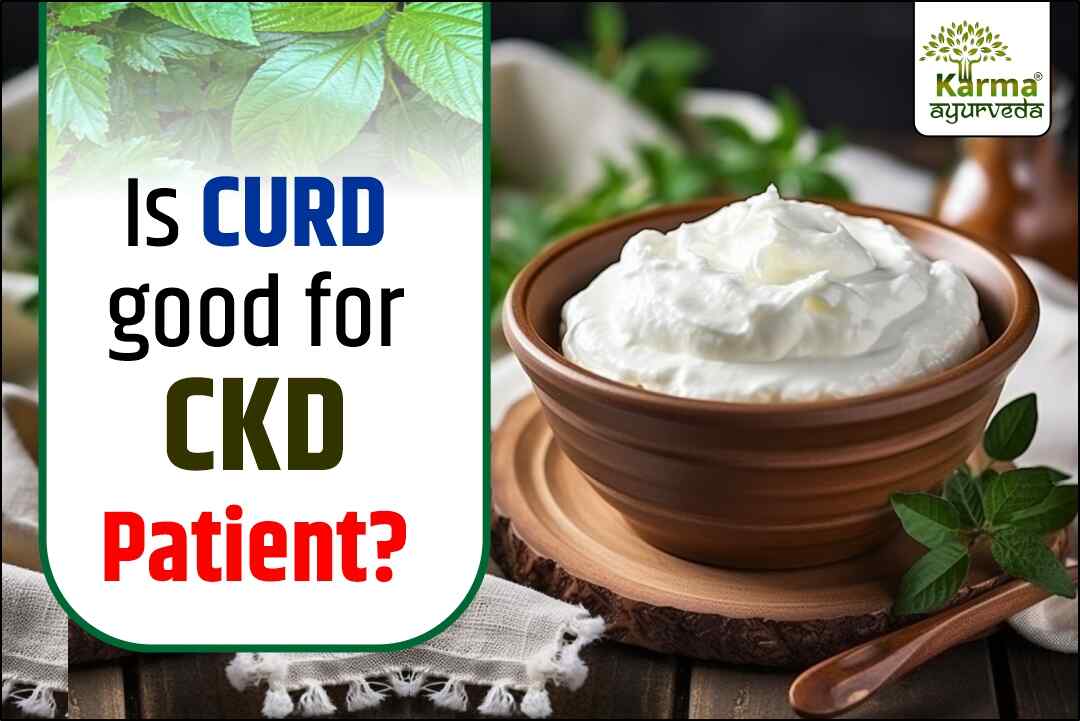
If you or a loved one has been diagnosed with chronic kidney disease (CKD), chances are you’re on the lookout for kidney-friendly foods. One of the biggest debates in kidney health is curd for kidney patients. So, let’s dive deep into this topic in a super simple, no-nonsense way!
Curd (aka yogurt) is rich in probiotics, calcium, and protein. It’s a staple in many diets and has countless health benefits. But the scenario changes a bit for kidney patients. For people with CKD, the major concern is the rich amount of protein and phosphorus content present in curd. Kidneys process waste from protein metabolism; improperly functioning kidneys can produce imperfect filtration of protein-based waste products. At the same time, phosphorus build-up can weaken bones over time.
The answer? It depends! If you’re in the early stages of CKD and your doctor has given you the green light for moderate protein intake, you might be able to enjoy small amounts of curd. However, in later stages, or if your protein intake is restricted, refraining from curd might be a great option for you.
Again, the individual health conditions rule the roost in this case as well. Some kidney patients may be able to tolerate curd in small amounts whereas others may be completely barred from this product. Always consult with a doctor or dietitian before adding it to your diet.
While curd has a lot of benefits like aiding digestion and boosting immunity, the protein and phosphorus levels is the Achilles heel for CKD patients. If your doctor allows it, opting for homemade curd rather than store-bought versions can be a safer choice, as it avoids unnecessary additives and excess salt.
Some people believe that curd is always good for kidney patients. However, it all boils down to the CKD stage, the presence of any underlying medical condition, and various other factors. For those in the early stages with no protein restrictions, a small serving does not wreak any havoc on their health, however, those with severe CKD symptoms have to be a bit wary.
High creatinine levels indicate reduced kidney function. Since curd contains protein, excessive consumption may contribute to increased creatinine levels. If you’re trying to lower your creatinine levels, limiting protein intake (including curd) might be necessary.
If your doctor gives you the green light, stick to small portions of curd. A tablespoon or two can provide probiotics without overloading your system. It’s also a good idea to choose low-fat curd to avoid excess saturated fats.
Ayurveda focuses on curing this disease via diet, lifestyle, and herbal remedies. Many Ayurvedic practitioners recommend alternatives like plant-based probiotics instead of dairy-based curd for CKD patients. Some natural remedies for kidney health include herbs like Punarnava, Gokshura, and Varun. Let’s dive into how these powerful plants can promote kidney health and improve overall well-being.
Since kidney health is a long-term commitment, here are some easy lifestyle changes that can help prevent CKD and support recovery:
By making these simple but effective changes, you can take charge of your kidney health naturally!
Ayurvedic approaches emphasize detoxification and improving digestion to reduce the burden on the kidneys. Herbal teas, plant-based diets, and specific lifestyle changes can support kidney function in a holistic way. However, it all boils down to the stage of CKD you are in. If your symptoms are severe and demand immediate medical attention, then you need to consult a nephrologist for better prognosis.
So, can kidney patients eat curd or can ckd patient eat curd? The short answer is, yes but red flags are there. If you have CKD, always check with your doctor before adding curd, and make sure the servings are on the smaller side. Working with a dietitian regarding your dietary needs is the best option.

Certificate no- AH-2023-0186
JAN 05,2023-JAN 04,2026
"Ayurveda is not just a system of medicine; it's a way of life. Connect with us to embrace a lifestyle that nurtures your body, mind, and soul."
Book Consultation Now